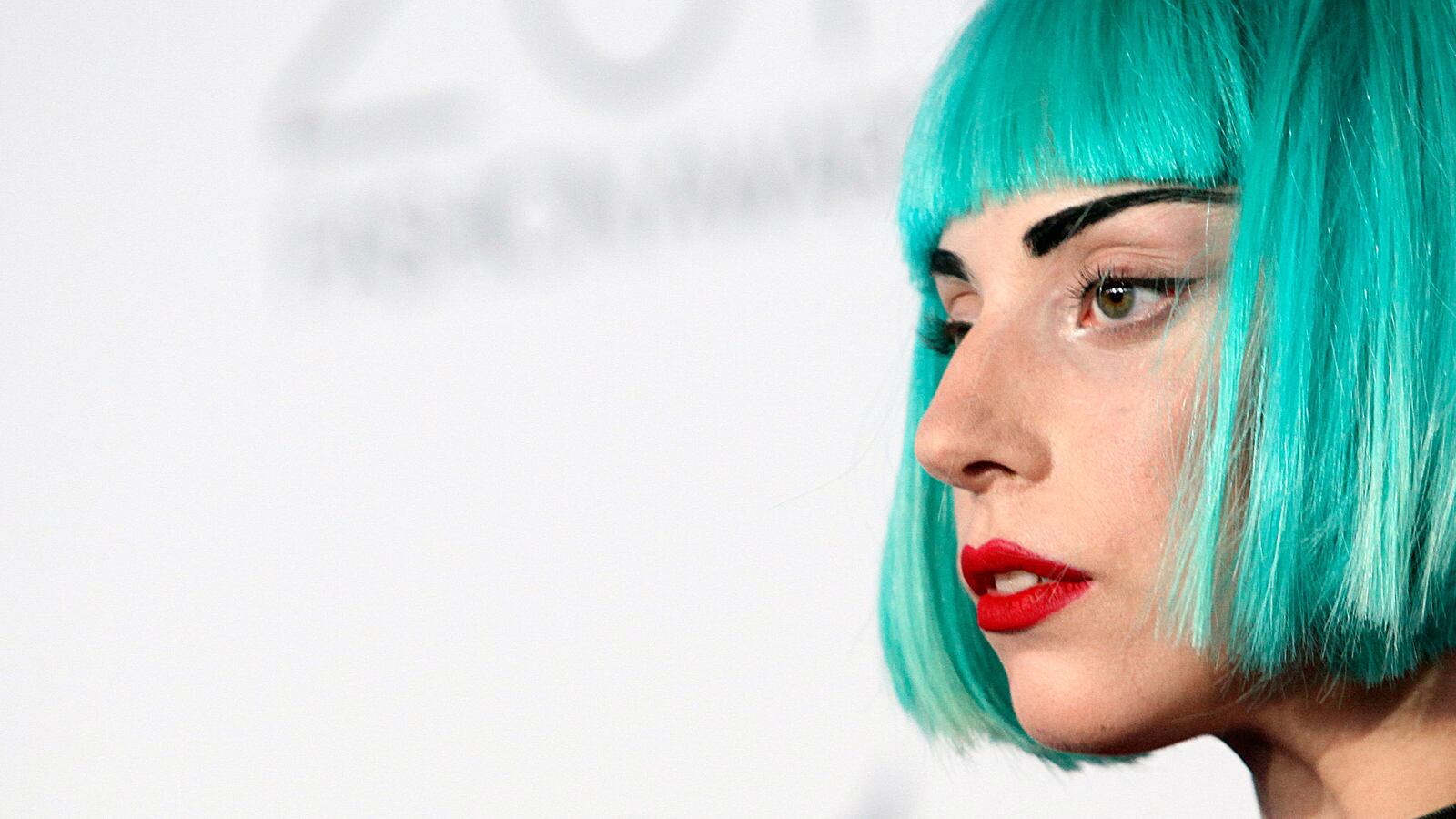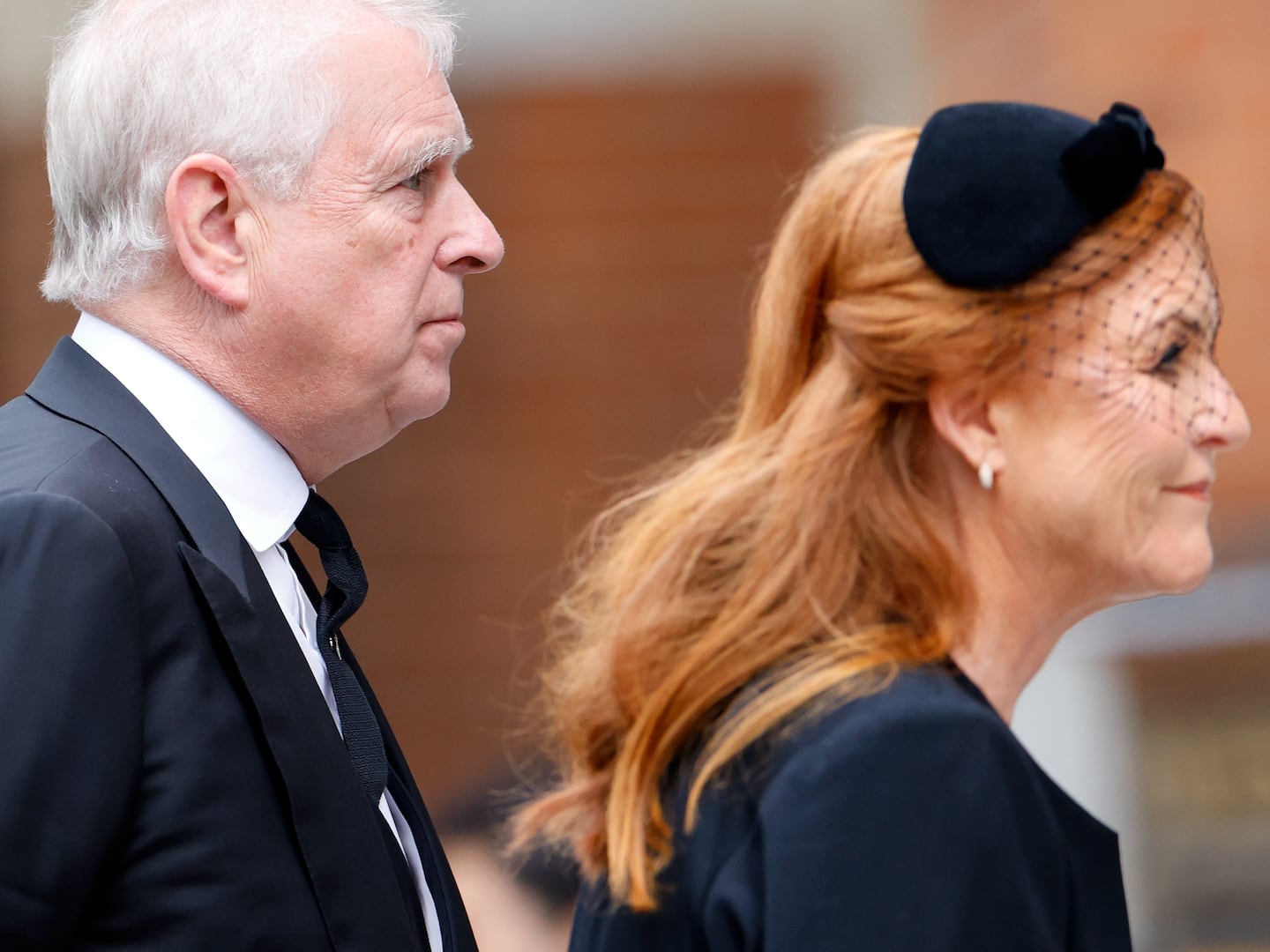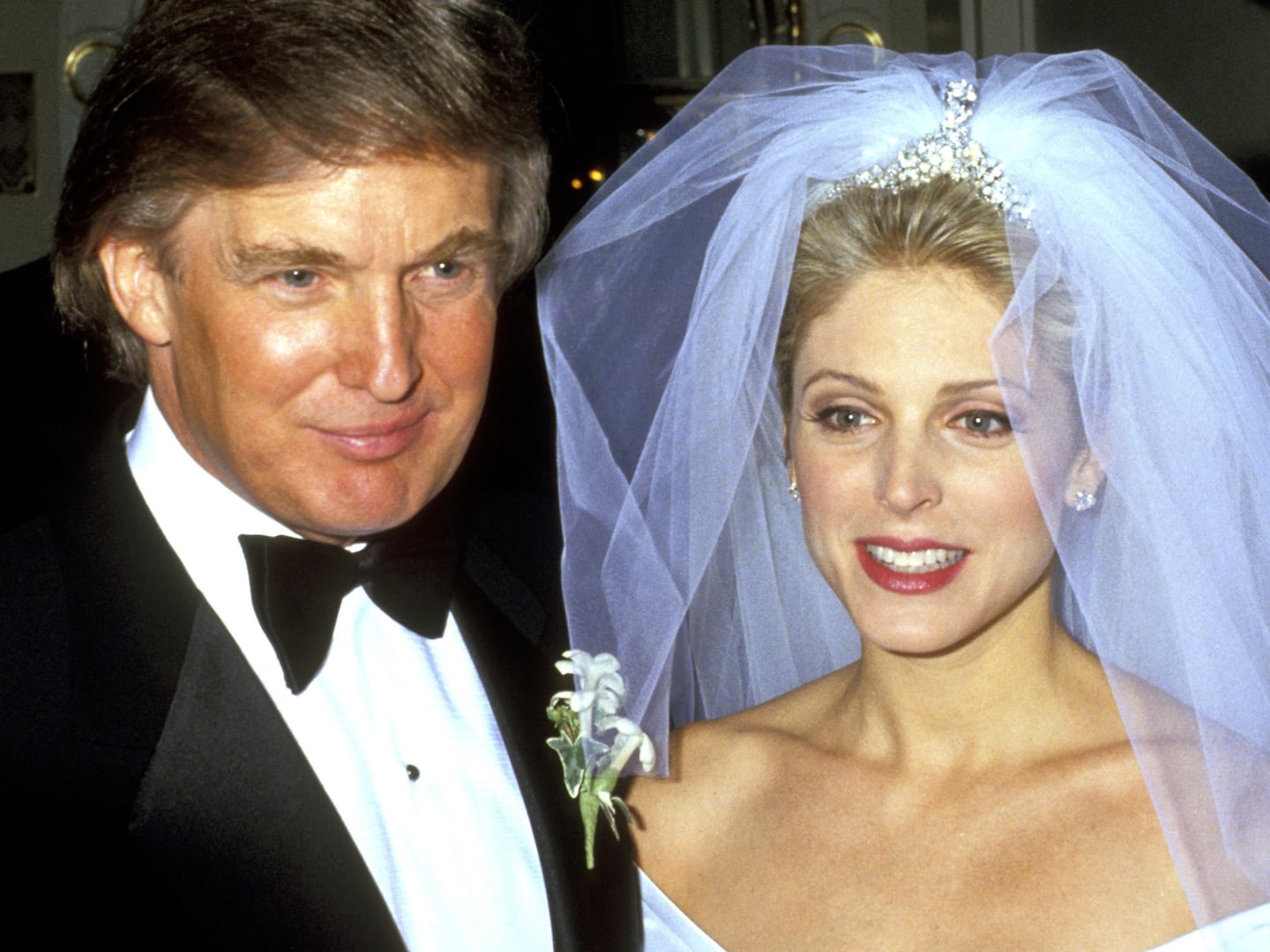In today’s latest installment of shut up this isn’t about you: sexual assault edition, the allegedly real and qualified lawyer representing Kesha in her assault case against Dr. Luke took to Twitter (seriously, can we check if this guy even passed his bar?) to claim that Lady Gaga’s recently disclosed rape was also at the hands of the ubiquitous producer.
Gaga’s personal history with sexual abuse and assault was aired publicly during an interview with Howard Stern on Tuesday. During the radio program, Stern asked about Gaga’s South by Southwest performance of her song “Swine,” during which the singer enlisted artist Millie Brown to vomit on her—a strong visual that, unsurprisingly, raised more than a few questions and/or eyebrows.
In response, Gaga revealed that the track itself “is about rape,” and that “the song is about demoralization. The song is about rage and fury and passion, and I had a lot of pain that I wanted to release. And I said to myself, 'I want to sing this song while I'm ripping hard on a drum kit, and then I want to get on a mechanical bull—which is probably one of the most demoralizing things you can put a female on in her underwear—and I want this chick to throw up on me in front of the world, so that I can tell them, you know what? You could never, ever degrade me as much as I could degrade myself, and look how beautiful it is when I do.”
Given his habit of pushing young starlets for concrete confessions, Stern unsurprisingly asked Lady Gaga directly if she had been raped by a record producer. Gaga countered that she’s gone through “some horrific things,” later elaborating that “It didn't affect me as much right after as it did about four or five years later. It hit me so hard. I was so traumatized by it, I was like: 'Just keep going,'…I wasn't even willing to admit that anything had even happened. ... I didn't tell anybody. I didn't even tell myself for the longest time.”
Throughout the interview, Gaga put a clear emphasis on how she had therapeutically channeled her experiences into her art, while simultaneously taking the chance to deplore the ways in which the music industry systematically exploits and traumatizes young women who often feel, when faced with the desires of powerful producers or executives, that they have little or no choice. She also made a point of mentioning how she had never disclosed her assault before, because she was afraid that she would be “defined by it.”
Of course, it was only a matter of time before Gaga’s voluntary outing as a survivor was defined and distorted by someone looking to twist the story to serve their own agenda. Mark Geragos, who is currently representing Kesha in a lawsuit that accuses producer Dr. Luke of sexual and emotional abuse, wasted no time in lumping together his client’s allegations with Lady Gaga’s in one neat, biased, unsubstantiated little package. Because all squares are rectangles and all blonde celebrity survivors must fit under the same sexual assault narrative, Geragos tweeted a link to the Lady Gaga story, captioned “Guess who the rapists was?”
While the bumbling grammatical error is sort of adorable, the implied accusation is anything but. After one follower responded to the tweet by naming Dr. Luke, Geragos replied “#bingo”. Who even needs a court of law, let alone victim testimony, now that we have the hashtag? And isn’t it funny how the narratives of survivors and their pleas for self-definition and articulation are so quickly and callously reshaped and ignored? #lol
Representatives of both Dr. Luke and Lady Gaga were quick to deny these allegations.
According to Dr. Luke’s representative, “Luke met Lady Gaga twice for less than half an hour total in those two meetings combined. He has never been alone with her and never touched her.” Gaga’s camp then affirmed, “This ridiculous, manufactured link between Lady Gaga and the Kesha-Dr. Luke lawsuit is utterly incomprehensible. This simply isn’t true and how dare someone take advantage of such a sensitive matter.”
Meanwhile, Geragos insists that, “I said it because it’s true,” once again leaving the American public with the difficult decision of whether to believe the survivor of an assault, or some dude who’s solidly convinced that what she’s saying isn’t true.






